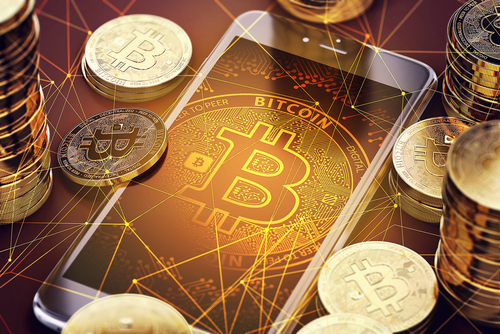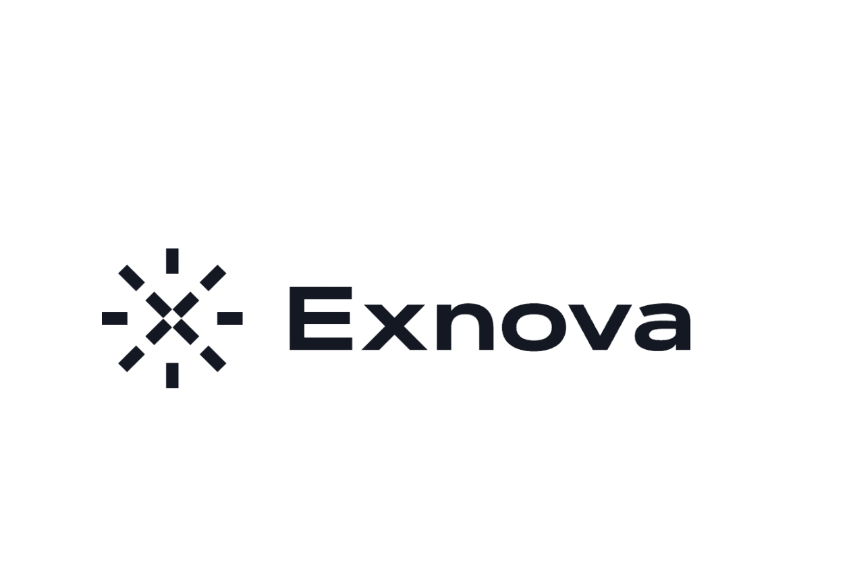A comprehensive wallet provider test can help anyone interested in investing in digital currency.
If you want to buy Bitcoins, Ethereum, Litecoin or one of the many other cryptocurrencies, you must meet one of the basic requirements: you must have an e-wallet. This is the virtual equivalent of a wallet where we store real currency. Our Wallet review shows the types of wallets available, what differences and similarities they have, and what criteria to consider when choosing the right crypto wallet. How Wallets work TradingFat’s currency comparison is not as far as you might expect. Because both fulfill the same benefit: they need to store private assets and perform payment transactions. With the difference that the wallet is a random sequence of digital characters. Participants in the network can usually use a public database to see the amount of digital currency in a wallet.
To explain how the Wallet is accessed, the Bitcoin Wallet serves as a practical example.
Over the years, Bitcoin has been the market leader among digital currencies, which is why a wallet comparison makes sense for those interested. The owner can access the Bitcoins stored in the wallet through the public key. This should be carefully guarded and not shared with others. Because it is legal: whoever owns the private key automatically has access to all the bitcoins stored in the wallet. In the case of disappearance, there is no primary example to which the person can change. It is still difficult to prove that you own bitcoins because they are not physical goods. In addition, the private key is unknown and does not contain information about the name or address of its owner.
In addition to storing private keys, wallets are also responsible for managing public keys. The difference between private keys is that public keys are shared with other Bitcoin owners to initiate transactions. Therefore, the recipient of a Bitcoin transaction has to tell the sender his wallet address (= public key) so that the BTC can change ownership. It should be noted that each wallet is only one private property, but for each transaction a new public key can be generated, which is assigned exclusively to this wallet. The wallet task is therefore also the administration of all keys.
Hot Wallet ensures constant availability
Hot Wallet is a digital wallet that can be accessed over the Internet at any time. Almost every crypto trading platform also represents a hot wallet, as deposits and retention of cryptocurrencies in customer accounts are possible. In addition, there are many other providers in our Wallet comparison that offer hot wallets without an integrated trading platform. However, those interested in this form of digital asset preservation should keep in mind that hot wallets always present a high security risk. Because they can not only be accessed by the owner from anywhere, even attackers can take advantage of security holes in the system and thus access data. It is especially dangerous if the provider has the private keys of all its users’ wallets.

Therefore, it is better to use a hot wallet only to store a small amount of related currency. Often flexible access to several digital assets, without exposing the entire property to unnecessary dangers. The biggest plus of these two solutions is without question the almost constant availability of crypto money, however, for example, losing a smartphone also loses a wallet at the same time.
Now directly open a crypto wallet on IQ Option
Where else, if not in a hot wallet, can an investor store his assets? The answer: in a cold wallet. Experience has shown that these can be kept much safer because they are not connected to the Internet. Since the Wallet specifically stores Private Keys in the foreground, Cold Wallets can be made with simple tools – slips and pencils are enough for this. The keys are watched and kept safe. As long as no one else can access it, assets in BTC, ETH, LTH or other currencies are also safe from hacker attacks.
In the Wallet Provider Test, many wallets are called what will be called, specifically to protect the security of the device built private keys. Many are no bigger than a USB stick, and function the same. Once the hardware wallet is connected to a computer, tablet or smartphone via a USB cable, the credit can be managed using special software or applications. There is also a desktop client that can be used to manage cryptocurrencies without being connected to the Internet.
Wallet Review: Web and Online Wallets
Since all types of Wallets have been superficially described so far, we focus our attention in the next step on a detailed presentation of all solutions in our Wallet review. Initially, the focus will be on web or online wallets. However, these are not two different types, but just two names with the same product.
Web-based wallet providers manage private keys online on servers. As already mentioned, for example, trading platforms for Bitcoin, Ethereum and Co. also generally represents an online wallet at the same time. This is always the case if cryptocurrencies can also be stored in a trading account. However, there are also crypto exchanges and markets that are not actively involved in the payment process, but only offer a platform to stop offers. The online wallet will not be available in this case.
Permanent availability is definitely the biggest advantage of the wallet. However, experience in recent years has shown that this is also their biggest weakness. Since the private keys of all wallets are stored centrally, hackers have the opportunity to gain access to them through targeted attacks. Investors can protect themselves from large losses by comparing wallet providers, while paying attention to security.
Smartphone wallet in detail
Many points used for web-based wallets can be transferred 1:1 to smartphone wallets. They offer the possible flexibility and availability of crypto assets, as smartphones are now definitely among the devices that their owners always carry with them. Private key storage is done directly on the device, so the wallet address can be sent in seconds, for example with a QR or NFC code. Therefore, digital money can be easily used for payment at the appropriate terminal.
It should be noted that a mobile wallet is not a complete client that at the same time provides access to the entire cryptocurrency network. For example, the block size of Bitcoin is now more than 150 gigabytes, which needs to be downloaded for this purpose on the device – in the case of smartphones, this is not feasible. So, smartphones are increasingly using Simple Payment Verification (SPV), which only needs to store a small part of the database on the device to conduct secure transactions. However, mobile wallet users should be careful with their devices and make regular backups. Otherwise, the loss or theft of the smartphone also loses access to the wallet.







